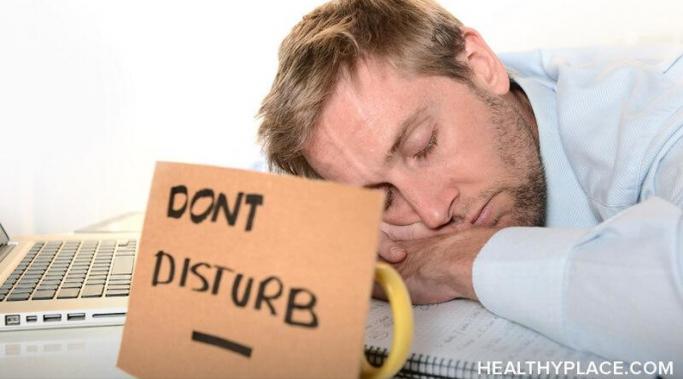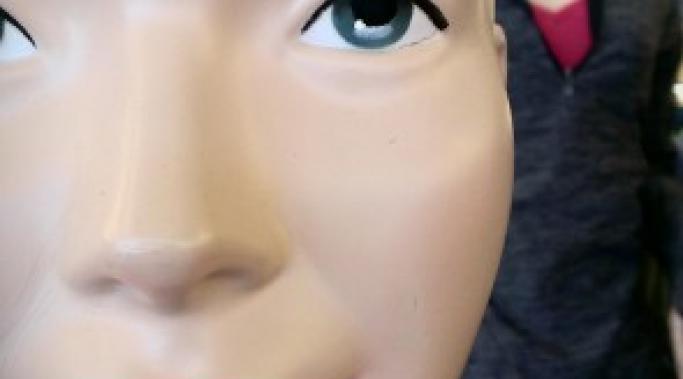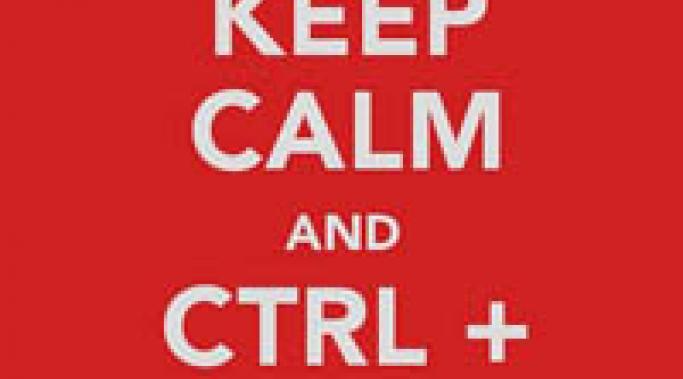Does your anxiety ever make you feel like a failure? Does it ever make you feel stupid? A reader's comment on my post, Top 10 Anxiety-Friendly Jobs really got me thinking about this issue. They indicated that anxiety at work had caused them to exhibit some of the common signs of low self-esteem, including difficulty holding down a job, and becoming easily confused and forgetful. Because I've struggled mightily with these same issues at work, it also got me thinking about other reasons why anxiety makes you feel stupid and like a failure.
Anxiety and Depression
Living with mental health issues means there will be days where you feel paralyzed by anxiety and depression. Because comorbid depression and anxiety are so common with different mental illnesses, nearly everyone who struggles with mental health will have to get through a day feeling paralyzed by anxiety and depression. I had one today, and man, it was rough. But, the good news is, I got through it.
Fake concern about anxiety and depression has probably been with us since homo sapiens first swung out of the trees around 200,000 years ago. Humans with depression, anxiety and panic, mental illness, and mood disorders have always been discriminated against, in virtually every society in history. That said, great strides have been made to end mental health stigma, and portray people with mental health issues as just that: ordinary people. However, some of the concern certain people express about depression and anxiety is actually little more than a smokescreen for more discrimination. In other words, it's a fake out. Here's how to spot fake concerns about anxiety and depression and protect yourself against it.
This week, the walls of anxiety are closing in. The world appears absolutely insane, and I feel like a dog in a plastic kennel that's too small, pacing and turning in an ever-tightening circle.
I have no anxiety tips, tricks, or techniques for you this week, because I feel like absolute crap. I seem to always make videos or audio posts when I'm in crisis too. I don't know why that is.
Is your anxiety worse in the morning? Do you think, 'why can't I just get out bed'?
I'm rarely on speaking terms with breakfast. The thought of getting up, a whole new day, it can be paralyzing. I'm told it isn't this way for everyone. Nor does a cup of coffee fix it, would that it could. If you have an anxiety disorder, or experience panic, it's not uncommon to find mornings particularly tough.
Anger can be the match that sparks a dip in your mood or a bout with anxiety, and according to what I've been reading recently this is because the part of your brain that normally keeps a lid on angry feelings is impaired when you're depressed.
As a friend of mine pointed out, there was a weird thing happening in cyberspace this week: People were rationing grief. Portioning it up like that really can be done, like any of us could put a cap on sadness, anger, denial, fear.
Fear denied, repressed, suppressed, or put out of mind is not fear extinguished.
Treating anxiety: 'as if'
I've been told that acting 'as if' I'm not nearly as anxious as I am is a helpful thing. It's also dangerous. As with almost any technique sometimes is fine but if you're anything like me and you'll do whatever you have to do to be able to put your anxiety aside and function, and if what you want is to go on with as much of life as you can, uninterrupted by fear, then it can become destabilizing.
Psychiatric treatment is a relationship between you, your mental illness, your drugs, and your doctor(s). That relationship is what matters most when it comes to ensuring medications treat actual mental health issues.
Taking the meds out of clinical practice and studying them in a lab is not only difficult but results in mixed outcomes. The kind we see reflected in the studies which the press pick up on.
Just this week I've read that the drugs don't work, that it's all a big fraud, and that the next Big Pharma pill will cure everything.
Psychiatry, like democracy, is the worst form of treatment except for all the others that have been tried
Mood trackers aren't just for depression or bipolar. They can help you recognize and manage panic, anxiety and stress. Anxiety affects people's moods and many people struggle with depressive symptoms as well as anxiety issues. Crucial to treating anxiety is understanding how symptoms overlap and how that affects you.









